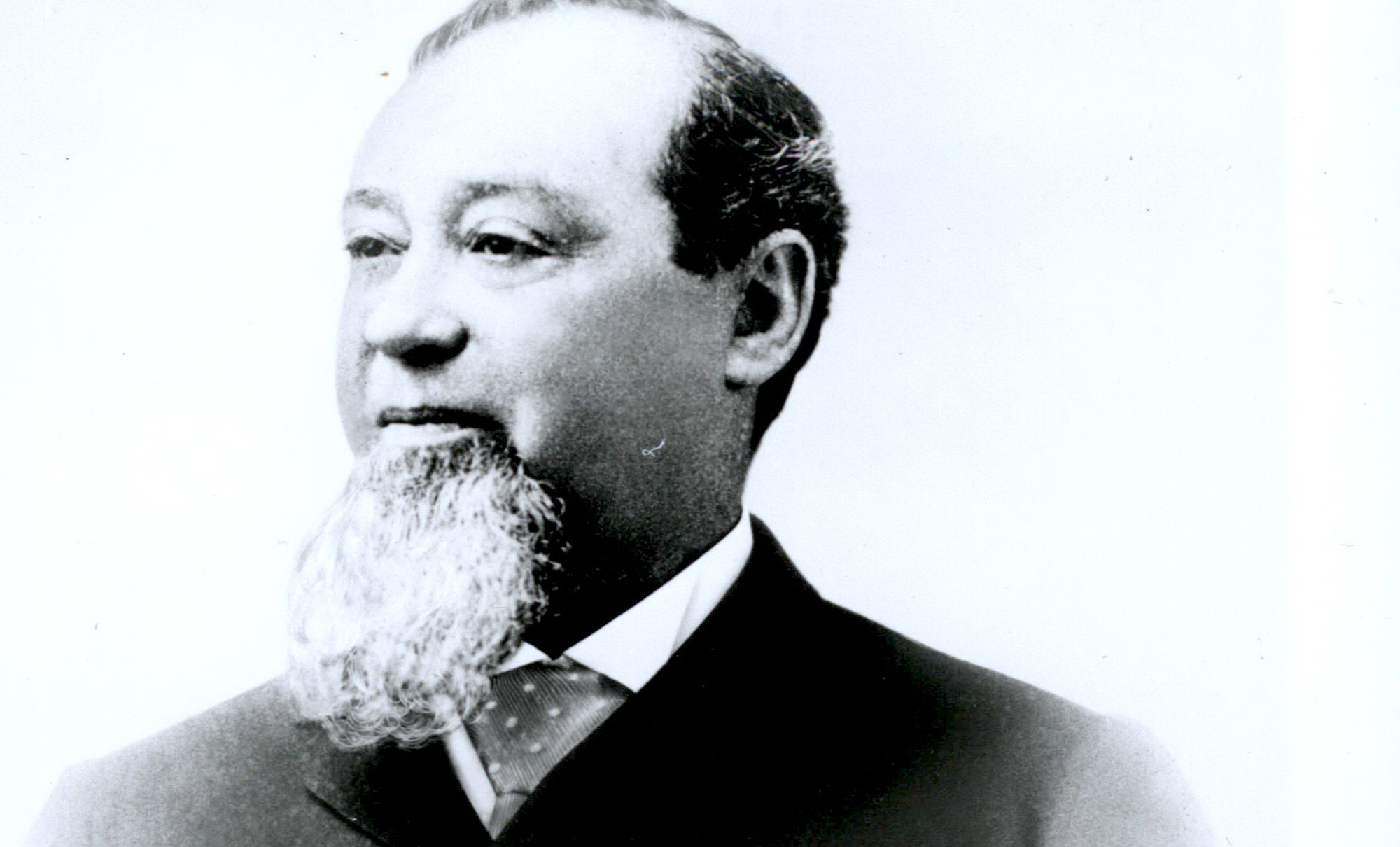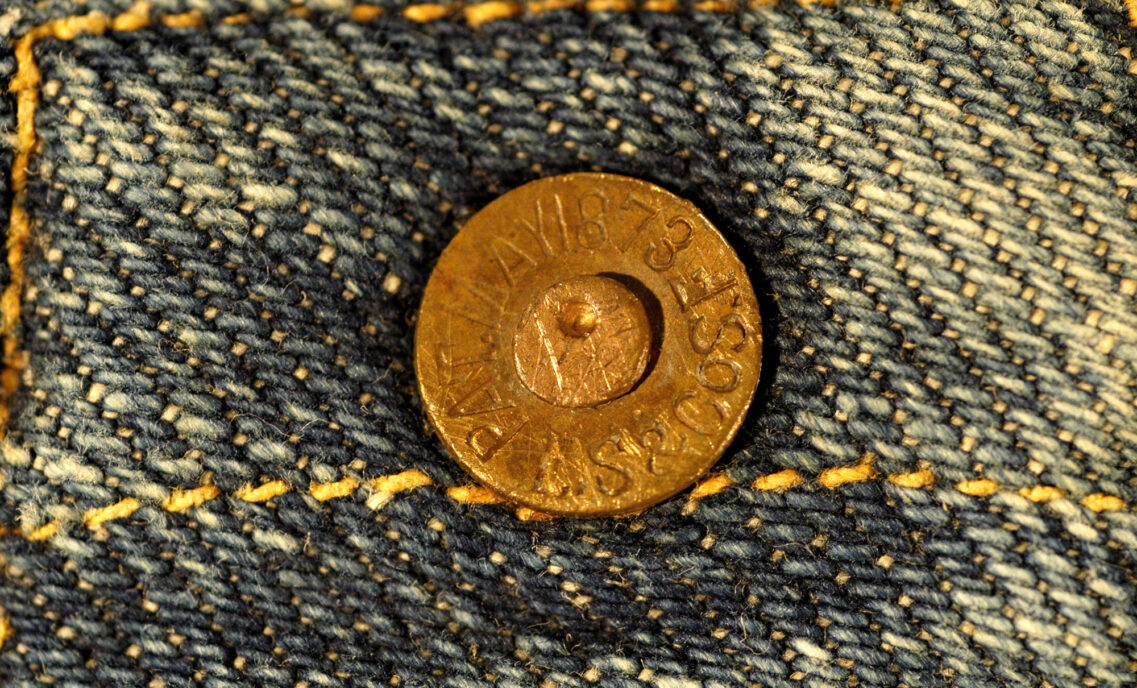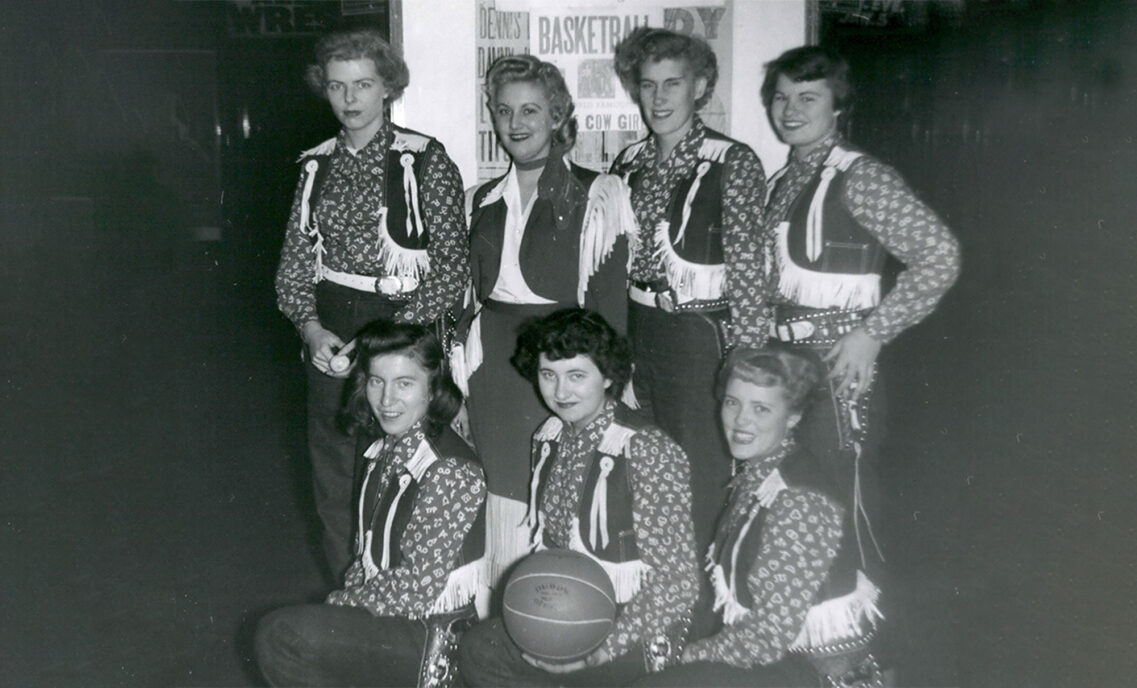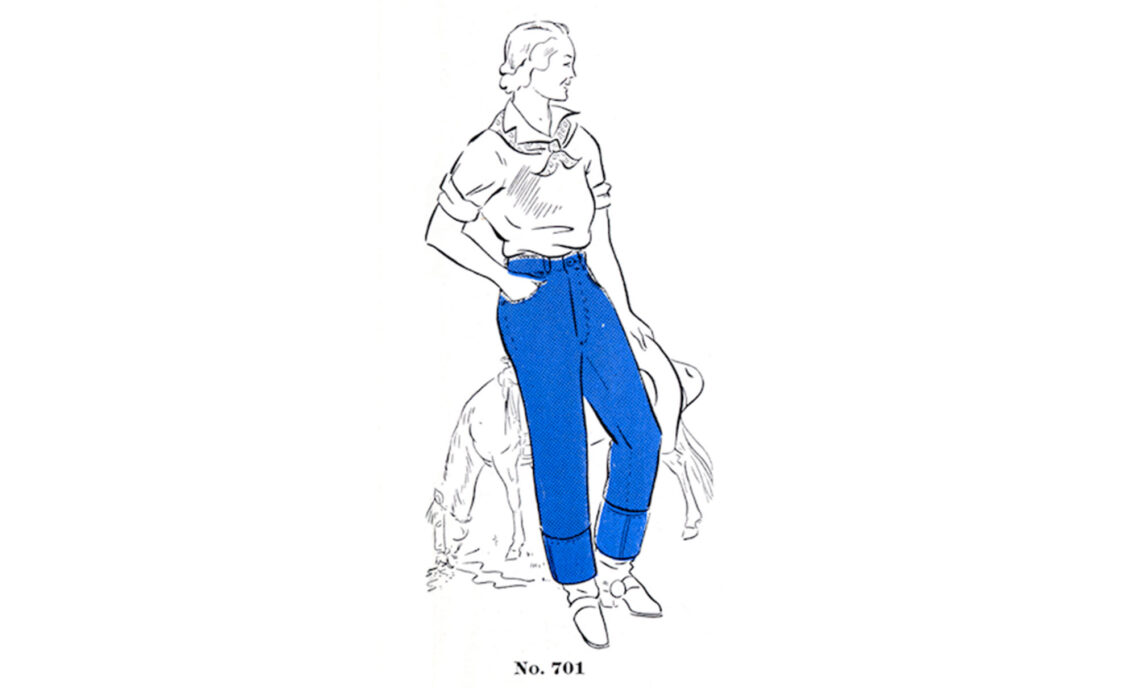In a recent op-ed for CNN, Levi Strauss & Co. CEO Chip Bergh shared his views on the importance of voting in this election year. Referring to the American Civil War, he noted that our company’s founder Levi Strauss closed his business on Election Day in 1864 just as the fate of the nation hinged on November’s vote. Levi Strauss & Co. was one of 350 California businesses that shut their stores, warehouses and factories to give employees time to cast their ballots.
And 154 years later, LS&Co. would echo Levi’s efforts when it co-founded the Time to Vote initiative alongside Patagonia in 2018. The mission was simple – rally companies to pledge to give their employees the time they need to cast their ballots. And this year, we are building on our momentum with prominent businesses like the Coca-Cola Company, Nike, Deloitte, Twitter and VISA recently joining more than 700 participating companies.
But offering employees time off to vote was just one way that Levi modeled his political values. He also actively participated in civic life. From serving as a juror to marching in a rally, Levi offers an example that should inspire today’s business leaders and private citizens. Here’s a look at a few highlights from Levi’s life.
Levi Became a Naturalized American Citizen
On January 31, 1853, Levi walked into the Superior Court of the City of New York in City Hall. There he swore to uphold the U. S. Constitution and to renounce his allegiance to the King of Bavaria — the region where he was born. Levi’s brother, Louis, witnessed that he had resided in the United States for five years and was a man of good moral character. With the signature of the court clerk, Mr. Campbell, Levi became a naturalized American.
Five days later, he boarded a ship on the first leg of his journey to San Francisco.
Levi Voted Regularly and Served as a Juror
Levi arrived in San Francisco just over one month later, arriving on March 14, 1853, as a newly minted citizen. There, in the city where he founded his namesake business, Levi devoted his life to family, business, philanthropy and civic participation. His first civic duties? To vote and serve on a jury.
In 1881, Levi was called as a juror for a highly publicized murder trial. One year before, Charles deYoung, who ran San Francisco’s Daily Morning Chronicle with his brother Michael, was shot and killed in his office. Levi was called into the jury box and questioned about his fitness for service. Due to his strong opinion in the case, it was determined that Levi would never vote to acquit the defendant. Levi was excused.
Levi Advocated for a National Cause
During the late 1890s, a national debate over a silver versus gold monetary system led to the creation of “Sound Money Leagues” throughout the country. Levi joined the executive committee of the California Sound Money League to oppose a silver-based monetary system. He felt that gold was the strongest system, not only for the United States, but for the country’s international trade. To advocate for his cause, Levi and members of the California league planned a series efforts over several years. Their goal? To educate voters about sound-money legislation.
Levi Participated in Marches
On October 31, 1896, Levi joined 35,000 San Franciscans who marched down Market Street in support of sound money, the gold standard and William McKinley. Merchants marched together and Levi Strauss & Co.’s own Philip Fisher managed the 500 strong “textile” group. Levi marched the entire route, carrying a noisy wooden rattle.
Fully participating in civics by voting, removing barriers to voting and actively engaging in worthy political causes like Levi did remains as important today as it did over 150 years ago. That’s the enduring lesson Levi Strauss taught — and the challenge of citizens and business leaders today.







